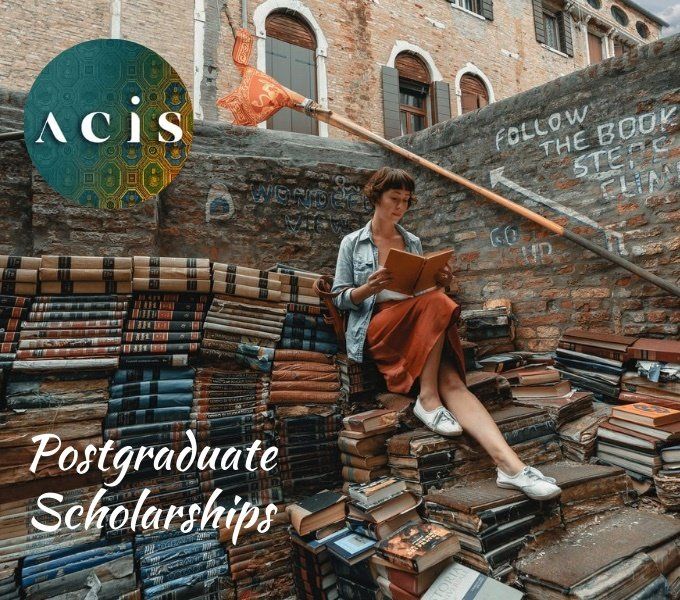Vale Lorenzo Polizzotto: 11 November 1939–22 July 2022

Professor Lorenzo Polizzotto
11 November 1939, Palermo – 22 July 2022, Perth
Italianists in Australasia and worldwide will be deeply saddened to hear of the death of Professor Lorenzo Polizzotto on Friday 22 July in Perth.
A renowned historian of the Florentine Renaissance and Reformation, Lorenzo was a meticulous, rigorous historian whose relentless questioning of the archive (and of other scholars’ work) combined with his clear prose and imaginative turn of phrase, resulted in a remarkable contribution to our knowledge of the period.
Schooled, along with a generation of Renaissance historians, in the tutorials of Ian Robertson at the University of Melbourne, and then at Westfield College at the University of London under Nicolai Rubinstein and the group of scholars who gathered for Nicolai’s weekly seminars at the Institute of Historical Research, Lorenzo became the foremost scholar of the followers of the millenarian preacher Girolamo Savonarola.
Lorenzo’s attention to archival accuracy and scrupulous scholarship meant that his output was always of enormous value. His early monograph The Elect Nation: The Savonarolan Movement in Florence 1494-1545 (Oxford: Clarendon Press, 1994) was followed by a series of articles and chapters which increasingly extended the chronology of his main research focus on what had motivated the Savonarolan imperative. A particular interest was the youth who gathered around Savonarola and their ongoing influence on the cultural and social landscape of Florence. This culminated in his 2004 publication Children of the Promise: The Confraternity of the Purification and the Socialization of Youths in Florence 1427-1785 (Oxford: Oxford Warburg Studies).
More latterly he became interested in tracing the history of an investment device of Florentines in the period of the Medici Grand Duchy, the so-called censi. Lorenzo persuasively demonstrated that censi were extensively used in Florence, despite previous assumptions by economic historians to the contrary. Here he combined research from two Australia Research Council Discovery Project Grants, first on the Valori family and then on the censi themselves. The importance of this as the first study of its kind was recognized by the editors of Archivio storico italiano who published a substantial article of some 25,000 words by Lorenzo in 2010, ‘I censi consegnativi bollari nella Firenze granducale: storia di uno strumento di credito trascurato’, Archivio Storico Italiano, 168.2 (624) (2010): 263-324.
Born in Palermo and subsequently emigrating with his family to Melbourne, Lorenzo spent the better part of his academic career in Perth, in the Italian Department at the University of Western Australia. It was there that a new generation of Italianists was trained.
A devoted and proud father and husband, Lorenzo will be missed enormously.
A lengthier tribute to Lorenzo is in preparation. If any readers have particular memories of Lorenzo that they wish to contribute, could you please send them to
Catherine Kovesi.








